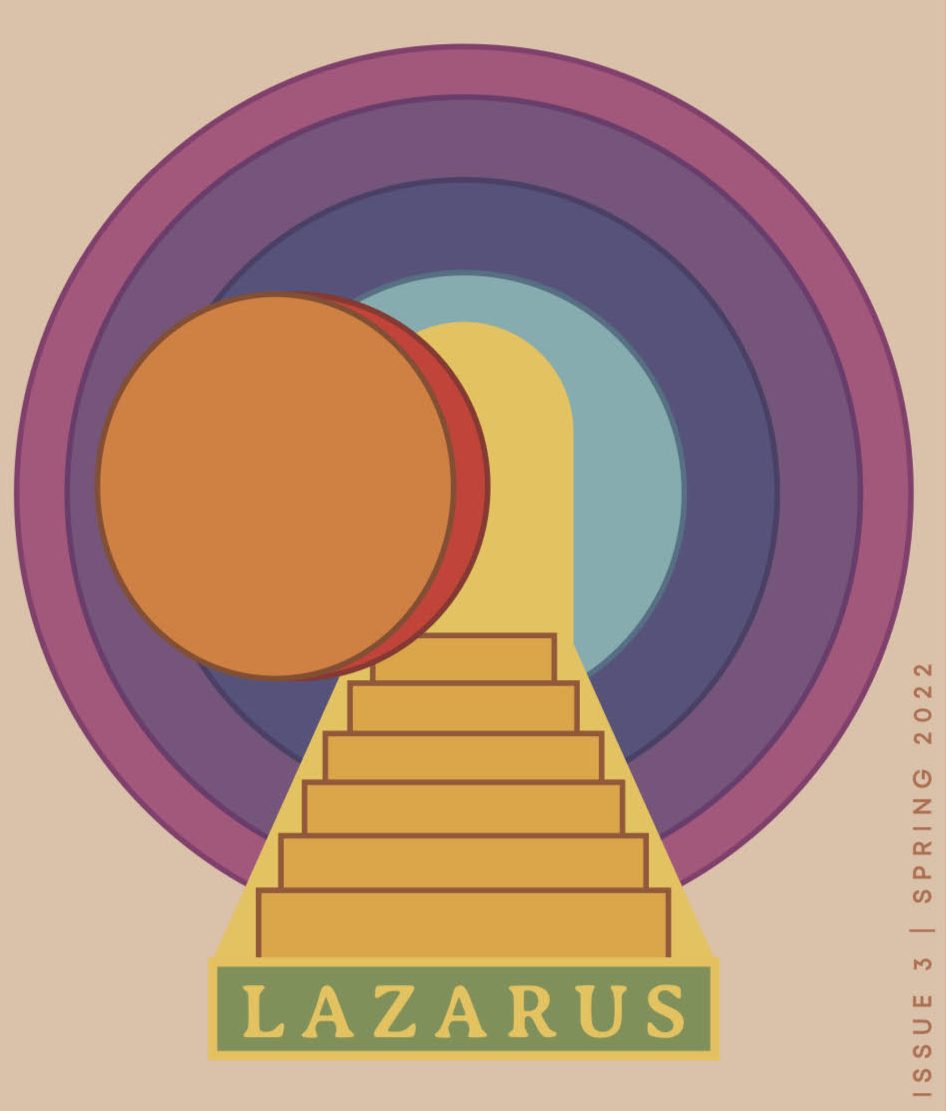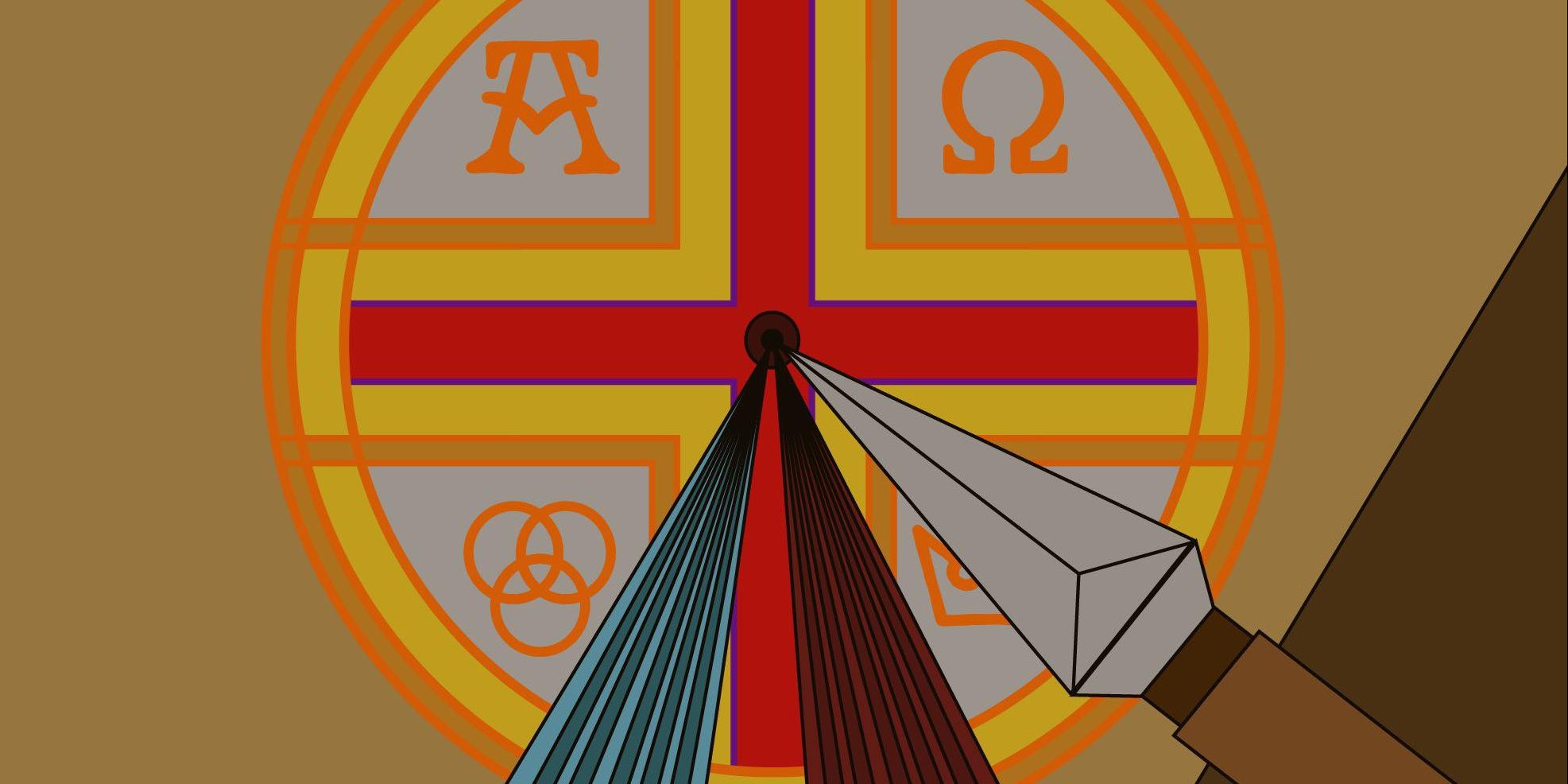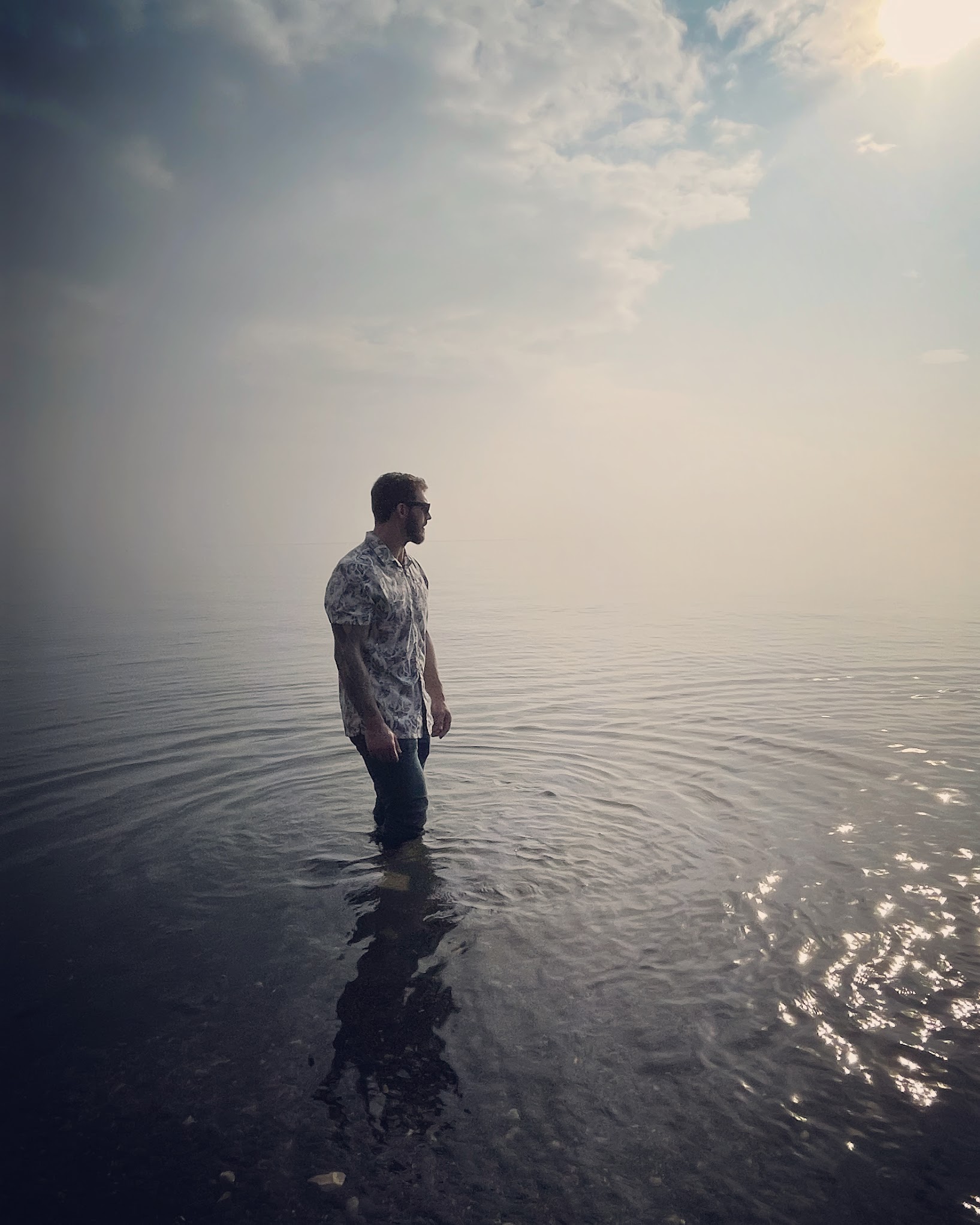 Dr. John Yoon is a Senior Faculty Advisor for the Hyde Park Institute. As well, he is an Assistant Professor of Medicine at the University of Chicago, and Assistant Program Director for the Internal Medicine Residency Program at Mercy Hospital & Medical Center. He is an academic hospitalist, clinical ethicist, and medical educator with research interests in the field of virtue ethics, moral psychology, and the moral and professional formation in medical education. He maintains a faculty affiliation with the Program on Medicine and Religion, MacLean Center of Clinical Medical Ethics, and the Bucksbaum Institute for Clinical Excellence. He was co-investigator on the Project on the Good Physician, a longitudinal study of medical students funded by the New Science of Virtues Project at the University of Chicago.
Dr. John Yoon is a Senior Faculty Advisor for the Hyde Park Institute. As well, he is an Assistant Professor of Medicine at the University of Chicago, and Assistant Program Director for the Internal Medicine Residency Program at Mercy Hospital & Medical Center. He is an academic hospitalist, clinical ethicist, and medical educator with research interests in the field of virtue ethics, moral psychology, and the moral and professional formation in medical education. He maintains a faculty affiliation with the Program on Medicine and Religion, MacLean Center of Clinical Medical Ethics, and the Bucksbaum Institute for Clinical Excellence. He was co-investigator on the Project on the Good Physician, a longitudinal study of medical students funded by the New Science of Virtues Project at the University of Chicago.
Q: Tell us your story of your vocation and your faith’s role in it?
When I was in college I thought I was going to be a campus minister or a pastor. So I was working with several campus ministries and all that entailed. At the same time though, I was a premed. In my third and fourth years of college, I applied to about 40 medical schools, and I didn’t get into any schools, leading to a vocational crisis. I thought to switch it up and go to seminary. However, A mentor of mine told me to not give up by using seminary as a way out, and to still pursue medicine. He said to me, “you’ll learn a lot about life, and suffering, and healing through medicine. You’ll be a form of a minister there.” So after I graduated I got a research job on campus.
After two years of cutting open frogs and taking their eggs out, I felt like I wasn’t moving anymore; I wanted to do something new again. I ended up applying to medical schools again and just like last time, I put out a lot of applications, but at the last minute, my roommate said, “why not apply to Texas Southwestern Medical School?” I could pay in state tuition, even being out of state. So I applied for that at the end of the deadline as well. Again, I got rejected to all schools except for that one. So I went there for med school. After two years of cutting frog guts, I was determined to not do any research and I focused on learning to be a doctor. When I came to UChicago, I was on my way to that goal but, had no idea what I was going to do with my life. I had the anxious feeling of what was I going to do next. At that time though, I met another mentor who was a Christian physician. Though I didn’t know he was a Christian at first, I simply liked the way he thought about things and the way he carried himself. I guessed that he might be a Christian and I shot him an email and figured out he was doing research on medicine and religion and that was my initial exposure into what I’m doing now. I came in and he asked me what I’d be doing after and I said I didn’t know, so he offered me a position as a research fellow and took me on.
Working on that project, I met a lot of people who were integrating their faith into their work life and it was extremely refreshing to see. For me, up to that point, it was all compartmentalized—my faith and my work existed in parallel—but here I was meeting a whole community of folks who were integrating both. Their work was their ministry and they lived out their convictions through their work, which was so new to me. Before this, the options had been starting a medical ministry working as a physician somewhere in the boondocks or participating in the local church, being an elder, and donating a lot of money. But through this, I saw that there were people engaging their faith in their academic fields and really making an impact. Those people laid a path that led me to stay here at UChicago. The years passed and eventually my mentor parted ways with the University and handed down everything he did over to me. So I took over a lot of his research, classes, etc. I expanded what he built and added my own flavors to them.
Q: How does your faith intersect in a pluralistic workplace? What advice would you give to students?
We’re in a world where tolerance is the chief virtue—and I think everyone should be free to grow deep in their own beliefs and consciences. You should be able to live by that! I’m a passionate believer in hospitality—the way I arrange my home, where I put my couches and furniture, how I organize my books—no stranger can come in and say change this or change that. In fact, they can potentially learn something from my house and the way that I do things, even if they fiercely disagree with the way I arrange my house. Likewise, they’re free to arrange their home however they please, and I can learn something from how they do things. The house here being a metaphor for myself and my beliefs and conduct. The friendly and open dialogue is the most critical part here. People at my workplace know I’m a Christian here, and at times they’ll see something off the internet—like Evangelical support for Trump—and they’ll come to run it by me, sometimes in good faith and sometimes to provoke me. What I love about it is that we’re friends. We can really talk about it. I can push back and challenge, and say what I believe because the relationship of trust is there. With strangers, you’re polite and you remain silent, but with some of my colleagues, I share exactly what I believe with them, and sometimes we push each other’s buttons, but we do so with respect. When we talk about controversial subjects, we try to find common ground.
At UChicago, we’re supposed to be committed to freedom of speech and openness to potentially offensive ideas, which is a good thing. But I focus first on building trust, then I push a bit, asking the story of how people came to believe what they do since that can be helpful in truly understanding and engaging with one another. My pastor tells me that a lot of the stuff I do in my workplace is honestly pastoral ministry, so it all comes full circle for me. I don’t even pay attention to the lines anymore, it all just intersects.
You can’t live life by yourself as a lone ranger, we live in community. I tell students from the very beginning to build your own community of mentors. They don’t have to know each other necessarily, but build that community of people who you can bounce questions off of and when you face periods of uncertainty to run your thoughts by them.



0 Comments